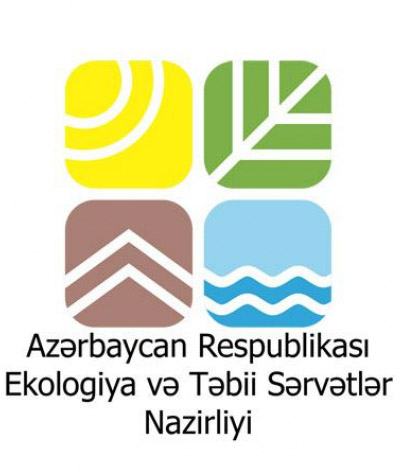| Ekoportal |
|---|
|
|
Adaptation to climate changes
Climate changes and their effects are increasingly worrying the world community.
Azerbaijan has not been left out of the influence of global climate changes. In the last 100 years, the average annual temperature in the territory of Azerbaijan has increased by 0.4-1.3 o C. Temperature increase is unevenly distributed depending on the regions. Thus, the average annual temperature increases by 1.1-1.30C in the highlands of the Greater Caucasus. According to the research conducted in Azerbaijan, the temperature increase in 1991-2012 compared to 1961-1990 has changed in the range of 0.2-1.5°C. In the last ten years, the number and intensity of floods in small mountain rivers in the territory of Azerbaijan has increased.
Azerbaijan is a developing country highly sensitive to the effects of climate change. National emissions of greenhouse gases make up only 0.1% of global emissions.
After ratifying the UN Framework Convention on Climate Change in 1995, and the Kyoto Protocol of the Convention in 2000, the Republic of Azerbaijan joined international efforts to mitigate the negative effects of global climate change. Our country, as a full-fledged party that is not included in Annex 1 group of the Framework Convention on Climate Change, has taken obligations before the Convention, such as the preparation and regular updating of the cadastre of gas emissions that create a heat effect, and the preparation of national data, and these obligations are systematically fulfilled.
Azerbaijan ratified the Paris Agreement in 2016 in order to combat climate change at the global level, reduce carbon dioxide emissions and transition to a low-carbon national economy, and began to fulfill its obligations set out in its Nationally Determined Contributions (NDC) document.
In the Nationally Determined Contributions (NDC) document of Azerbaijan, taking into account the country's national conditions, future development prospects and national interests, as its contribution to initiatives to mitigate the effects of global climate changes, 35% of the level of greenhouse gas emissions by 2030 compared to the base year (1990) has taken maintenance of reduction as a target.
First National Report of the Republic of Azerbaijan to the UN Framework Convention on Climate Change (2000)
Second National Report of the Republic of Azerbaijan to the UN Framework Convention on Climate Change (2011)
The First Biennial Updated Report of the Republic of Azerbaijan to the UN Framework Convention on Climate Change (2015)
Third National Report of the Republic of Azerbaijan to the UN Framework Convention on Climate Change (2016)
Second Biennial Updated Report of the Republic of Azerbaijan to the UN Framework Convention on Climate Change (2018)
Nationally Determined Contributions (NDC) document

